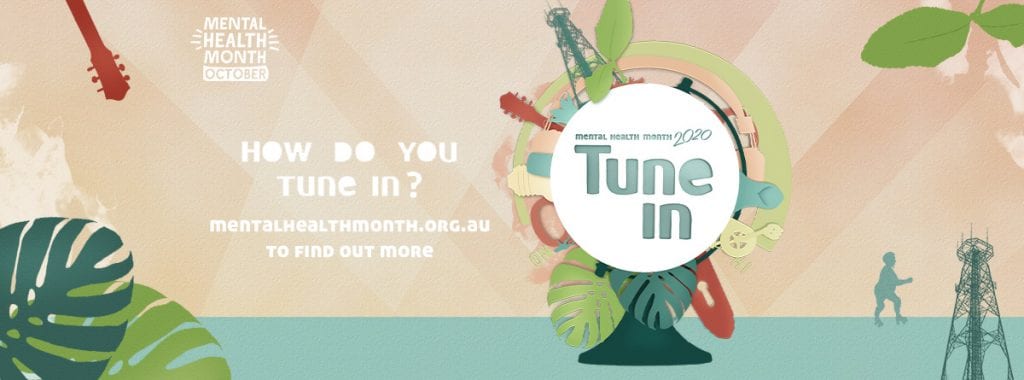October is National Mental Health Month.
With one in five Australians experiencing some form of mental ill-health, the need to raise awareness and reduce stigma is vital.
This year’s Mental Health Month theme is ‘Mental Health Matters’. The Mental Health Foundation Australia says it’s an opportunity to ‘activate, educate and engage’ Australians about mental health and wellbeing.
The Mid North Coast’s CHESS Connect is one organisation that is taking a lead in developing resources and services to help those in need.
CHESS Connect supports locals to live a strong life through a range of employment, disability and wellbeing services.
Chief Executive Officer Paul Kelly says CHESS Connect has put together a booklet ‘Understanding and Managing Trauma’ that is particularly relevant in current times.
CHESS Connect also provides other trauma-informed services, which recognise the emotional and psychological wounds we sustain during our lives, how we think about them and how they can impact our emotional, physical and social development.
“We’ve developed a whole information service around trauma,” Mr Kelly said. “With last summer’s bushfires and this year’s pandemic and associated unemployment, these are stressful times that you could almost classify as traumatic.”
CHESS Connect includes career counselling among the services it offers.
“The world has been impacted by swift and sudden unemployment that just came from left field,” Mr Kelly said. “If you’ve lost your job, we can offer a work transition plan to identify your strengths and transferable skills.”
Click here for more information about CHESS Connect.
Healthy North Coast provides mental health funding to CHESS Connect through its North Coast PHN program.
In NSW, Mental Health Month is coordinated by WayAhead – the Mental Health Association of NSW.
WayAhead is encouraging people to ‘tune in’ for the month – to your senses, your community and to stigma.
Tuning in has been shown to help build self-awareness, help make effective choices, reduce the impact of worry, and build positive connections.
Tuning in to communities and the impact of mental health stigma can help ensure that people who need support have safe places to talk about their experiences and reach out.
On the North Coast, mental health support can be easily accessed locally.
Whether you need support for yourself, a family member or friend, it is just a phone call or mouse click away — Connect to Wellbeing can put you in touch with the support you need.
“Anyone young or old can find themselves in need of some help and guidance,” Healthy North Coast CEO Julie Sturgess says.
“Connect to Wellbeing offers a single point of contact to connect you with the right mental health support, information or a service that best suits your need.
“Trained staff can provide you with information about, or referral to, the service that’s most appropriate for you. This includes any one of the many mental health, alcohol and other drugs, or NDIS support services located across the North Coast.”
To get in touch with Connect to Wellbeing, phone 1300 160 339, Monday to Friday, 8:30am – 5:00pm, or email [email protected].
Healthy North Coast funds Connect to Wellbeing through the North Coast PHN program, an Australian Government initiative.
Connect to Wellbeing is not a crisis service.
For immediate 24/7 support contact:
- Mental Health Access Line 1800 011 511
- Lifeline 13 11 14
- Beyond Blue 1300 224 636
- Kids Helpline (for children under 12 years) 1800 551 800
- Suicide Call Back Service 1300 659 467
In an emergency call 000 or go to your nearest hospital emergency department.




